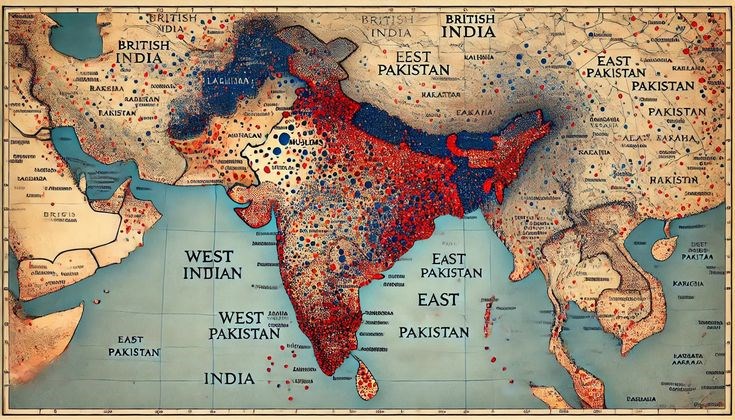
26-Jun-2025 , Updated on 6/26/2025 5:34:15 AM
Why Do We Still Fear Having Honest Conversations About Our History?
Truth Threatens Established National Narratives
Telling truthful history endangers official national histories. These are founding myths which have been created to create unity, justify existing systems of power and to establish a certain sense of national identity. The recognition that there are certain realities that are hard to hear like the case of colonial violence, systematic oppression, institutional failure or anything of the kind is itself destabilizing to these narrative unifications. The fear that it produces is a sense of threat of loss of social cohesion, national pride and the legitimacy posed by the sanitized past. Facing the complexities of the past challenges the societies to take a fresh look at their most tacit beliefs and the established power structures and makes this kind of challenge incredibly challenging, even though something that needs to be understood thoroughly and more advanced needs to be realized. To avoid this uncomfortable situation, a precarious, frequently mistaken, collective identity is preserved.
Avoiding Discomfort Perpetuates Collective Ignorance
The individual avoidance of discomfort is a chip entering the common lack of knowledge about history. The fear that hard facts about past atrocities, suppression or social malpractices may be real permits the twisted or embellished version to prevail. This is done with full intent that necessary knowledge and critical thinking essential in progress is avoided. At that, the historical injustices that were never reconciled are transformed to modern inequality and conflicts. To break the chains of ignorance, encourage reconciliation and the like, the best way to go is by confronting awkward historical facts that may lead to the avoidance of the same mistakes in the past. Avoidance helps to maintain negative myths and social segregation.
Power Structures Resist Critical Historical Examination
The world of power is no more accommodative to critical historical analysis that challenges power and legitimacy. The disclosure of inherent inequalities, institutional domination, or exploitation is a direct challenge to the corridors of power and privileges that depend on them. Institutions and majorities are motivators of historical discourse and tend to keep the accounts of difficult experiences clean or undescriptive, in order to preserve the status quo and their status as well. Past control is a justification of power in the present. This resistance is therefore the source of the fear of honest history conversations, by admitting and opening the history discussions the validity of the existing power structures will be compromised, national ideologies are threatened and accountability that those in charge do not want is instead called upon. The requirement to repress critical studies is a part of a control strategy.
Unprocessed History Repeats Harmful Societal Patterns
A lack of speaking honestly about history is caused by that feeling of unease and active opposition. The challenge to historical atrocity endangers the established national memory and national identity rooted in versions of history with the sanitized version. Admission of the historic wrongs such as genocide, slavery, or colonial oppression leads to attributing responsibility to ancestors and current institutions of power that result in defensiveness. Moreover, groups that enjoy the benefits of historical injustices keep silent in order to gain the maximum benefit. This opposition keeps traumas unresolved, so that the predispositions towards prejudices and power structures go undetected. As a result these unaddressed patterns are repeated by modern discrimination, conflict and inequality. Oppressed history is served to stagnate a vicious circle of societal degradation.
Fear Hinders Essential Reconciliation and Progress
The fear gets in the way of the truthful history that is needed to achieve a valuable discussion of reconciliation and development. Do not want to say unpleasant truths, fear to become divisive, or worry about alienating constructed histories are impeding agents against discussing this or that. When people avoid talking about historical injustices and system failure or trauma shared by many people, it means that they do not want to understand and heal. This means avoiding continued patterns of distrust and bitterness that hamper progress themselves. Candidature over complicated, painful histories is at the heart of true reconciliation. Censuring these necessary conversations will not allow communal education and shared humanity upon which a more egalitarian future depends. One needs to have the guts to make the step prepare.

Content Writer
Hi, I’m Meet Patel, a B.Com graduate and passionate content writer skilled in crafting engaging, impactful content for blogs, social media, and marketing.
Join Our Newsletter
Subscribe to our newsletter to receive emails about new views posts, releases and updates.
Copyright 2010 - 2026 MindStick Software Pvt. Ltd. All Rights Reserved Privacy Policy | Terms & Conditions | Cookie Policy